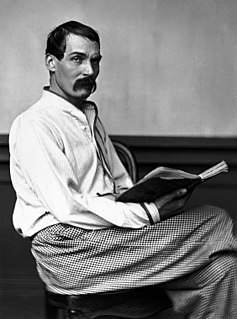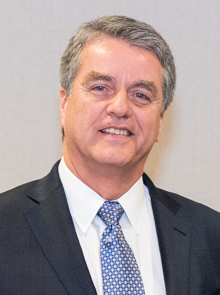A Quote by Paul Fry
The mantra of the new historicists was "we have betrayed ourselves." Since their emergence, there have been more or less interesting paradigm shifts having mainly to do with Habermas and the increased focus on media studies, but the talismanic word has never ceased to be "history."
Related Quotes
When you see reference to a new paradigm you should always, under all circumstances, take cover. Because ever since the great tulipmania in 1637, speculation has always been covered by a new paradigm. There was never a paradigm so new and so wonderful as the one that covered John Law and the South Sea Bubble - until the day of disaster.
There have been studies done on people who meditate and they have found that they actually have increased grey matter in certain parts of their brain and more neural conductivity, meaning more connections between certain parts of the brain. They have increased capacity for, in some cases, memory, or reasoning.
Deregulation is a popular term that's used across the political spectrum. And it's one of these terms like "choice," that corporate interests have used because they know their focus-group buzzword testing makes it sound like a popular word. Because, who can be against deregulation? Being free, having liberty, not having someone tell you what to do, being deregulated, hey, that sounds great. But deregulation is a non sequitur in the realm of media policy or media regulation. The issue is never regulation versus deregulation; our entire system is built on media policies and subsidies.
I live in a space of thankfulness- And I have been rewarded a million times over for it. I started out giving thanks for the small things, and more thankful I become, the more my bounty increased, that's because what you focus on expands and when you focus on the goodness in your life, you create more of it.

































